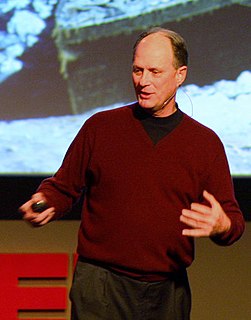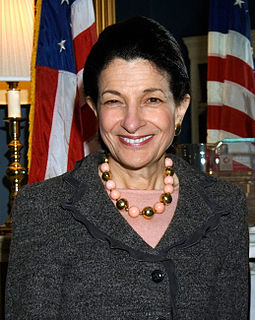A Quote by Matt Bevin
It is important never to forget our history, but parts of our history are more appropriately displayed in museums, not on government property.
Related Quotes
The Kennedy assassination is one of the ghostliest parts of our history. The Kennedy family - that's our royalty. It's fascinating and tragic and just strikes to the heart of our country. Here's the youngest president ever, full of hope and promise, and he made government service seem like it was dignified.
What has made America amazing has been the fact that throughout our history, throughout the more than 200 years of our history, there have been men and women of courage who stood up and decided it was more important to look out for the future of their children and their grandchildren than their own political futures.
There's no doubt that when it comes to our treatment of Native Americans as well as other persons of color in this country, we've got some very sad and difficult things to account for. I personally would want to see our tragic history, or the tragic elements of our history, acknowledged. I consistently believe that when it comes to whether it's Native Americans or African-American issues or reparations, the most important thing for the U.S. government to do is not just offer words, but offer deeds.
Our society is so caught up in winning, we forget that most of the great men and women in history have, at one time or another, failed at something. Often repeatedly, and discouragingly. But each failure is nothing more than a brick in the wall that forms the foundation of our success. We can't forget that.
In times of crisis what has made America amazing has been the fact that, throughout our history, throughout the more than 200 years of our history, there have been men and women of courage, who stood up and decided it was more important to look out for the future of their children and their grandchildren than their own political futures.

































